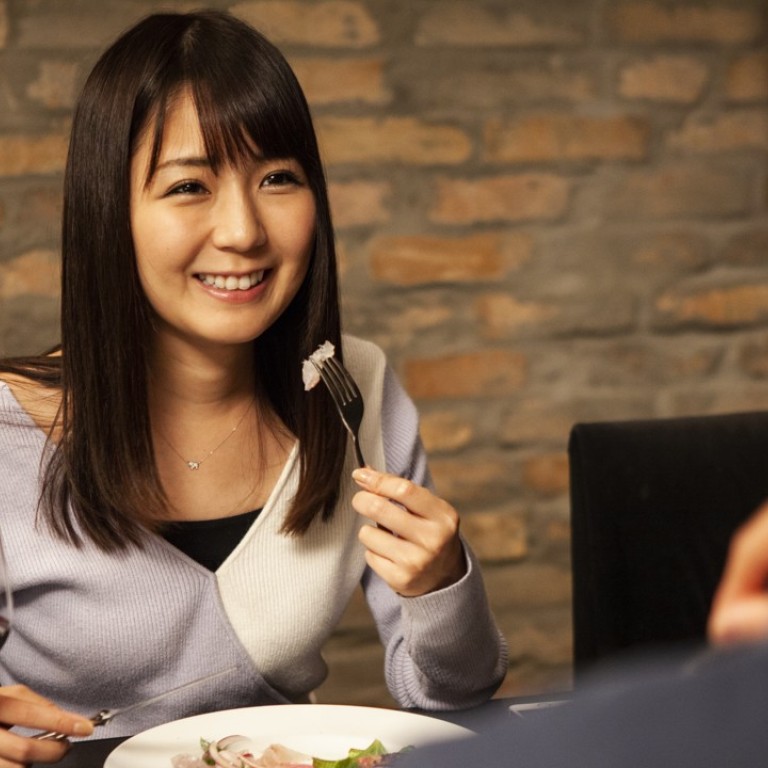What it’s like: being a British etiquette coach to wealthy Chinese

Most clients from China seek the whole package, including body language and deportment, how to greet people formally and how to present oneself correctly
While at a London restaurant, Charles Wilders and Daniel Aspinwall were surprised to find their dining companion, a Chinese client, noisily slurping his food and burping.
“The table opposite was giving us some curious stares,” says Wilders. “He was oblivious. In Chinese culture, it’s not a bad thing to let others know that you’re really enjoying your food, and he just didn’t have very much decorum in how he was eating his meal.”
This was all in a day’s work for the pair, whose firm, British Etiquette Tutors, teaches people how to behave with refinement. The lunch date helped them to assess the client’s needs, and they decided that Western table manners would be lesson number one.
Based in London, the company recently opened an office in Beijing. With globalisation and the rapid ascent of growing economies such as China, people are increasingly exposed to different cultures.

“In general, we have found that those we have dealt with have been people with new levels of wealth,” says Wilders, co-founder and CEO. “They want to know a little bit more about the old-school etiquette style, how to behave and act.”
Most clients from China and the Middle East seek the whole British etiquette package, including things like body language and deportment, how to greet people formally, how to present oneself correctly.
“They also want to learn how to behave during distinctly British activities, when you find yourself in an environment that’s probably a little bit strange to someone recently from China, like on a weekend in the country,” Wilders says.
This full-on training takes from 10 to 20 sessions. Fewer lessons are required when brushing up on your manners for a specific event, like an important business meeting.
